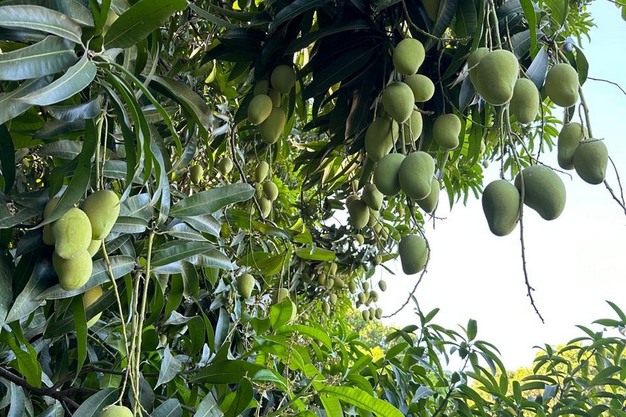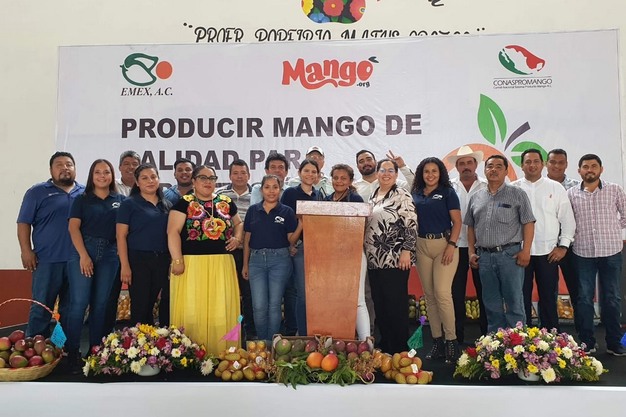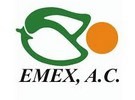Mexican mango, a fruit with deep cultural roots in the country, has led Mexico to become the world's largest exporter, with shipments going especially to the United States. The growing season spans several regions and runs from December to September, starting in the south, in Chiapas and Oaxaca, and moving on to Sinaloa in the north. Yamil Gómez Cid, national phytosanitary coordinator, highlights the popularity of the Ataulfo mango, an emblematic variety with a designation of origin, which together with other varieties, such as the Tommy Atkins, Kent and Keitt, meets the demand of both local and international markets.
Empacadoras de Mango de Exportación A.C. (EMEX A.C.), which brings 94 Mexican mango exporting companies together, plays a key role in the international mango market. In 2024, it has exported around 62,455,888 boxes.

"One of the main targets for EMEX A.C. is to maintain mango quality in the face of phytosanitary challenges, such as fruit flies, a quarantine pest that has an impact on exports. To fight it, the association takes part as a Cooperating Figure under a Senasica authorization, supervising more than 13,000 hectares, where trapping devices are monitored and fruit samplings are carried out, and coordinated action is planned together with the producers. For the flies, there is no difference between one orchard and any other, so we must all align and organize ourselves, so that what one grower fails to do won't harm the others," says Gómez.
Furthermore, EMEX companies comply with certification standards such as GlobalGAP, Primus and Rainforest Alliance. These certifications help Mexican mangoes position themselves competitively in the global market and effectively meet the increasingly strict traceability requirements of the FDA in the United States.
"Climate change is a growing threat to mango production in Mexico, as it alters growing conditions and increases vulnerability to pests and diseases. However, EMEX A.C. remains optimistic for the upcoming 2025 season, which is about to start. Thanks to this year's abundant rains, a favorable season is expected in the south, especially in Oaxaca, where humidity levels have allowed for a good recovery of the water table. For the central and northern regions, it is still too early to have a clear picture at this time," says Gómez.

The association is also noticing a growing interest in less traditional mango varieties, such as the criollo, which has been gaining popularity in the last four years, especially among Asian and Central American consumers, causing its market value to improve.
Mango exports are a big stimulus to Mexico's economy, generating employment and development in the rural areas where it is grown. Through its congresses and trainings, EMEX A.C. seeks to strengthen the knowledge of producers and guarantee safe and sustainable practices. "We want everyone involved in the mango chain to pursue the same goals," says Gómez.

The next international congress will take place on November 21-22, 2024, in Guadalajara. This event will bring together mango industry leaders and experts, who will share knowledge on key issues that are shaping the future of the sector, from cultivation techniques to technological innovation and market trends.
For more information: Yamil Gomez Cid
Yamil Gomez Cid
EMEX A.C.
Mexico
Tel.: +52 33 1527 4889
[email protected]
https://mangoemex.com/










